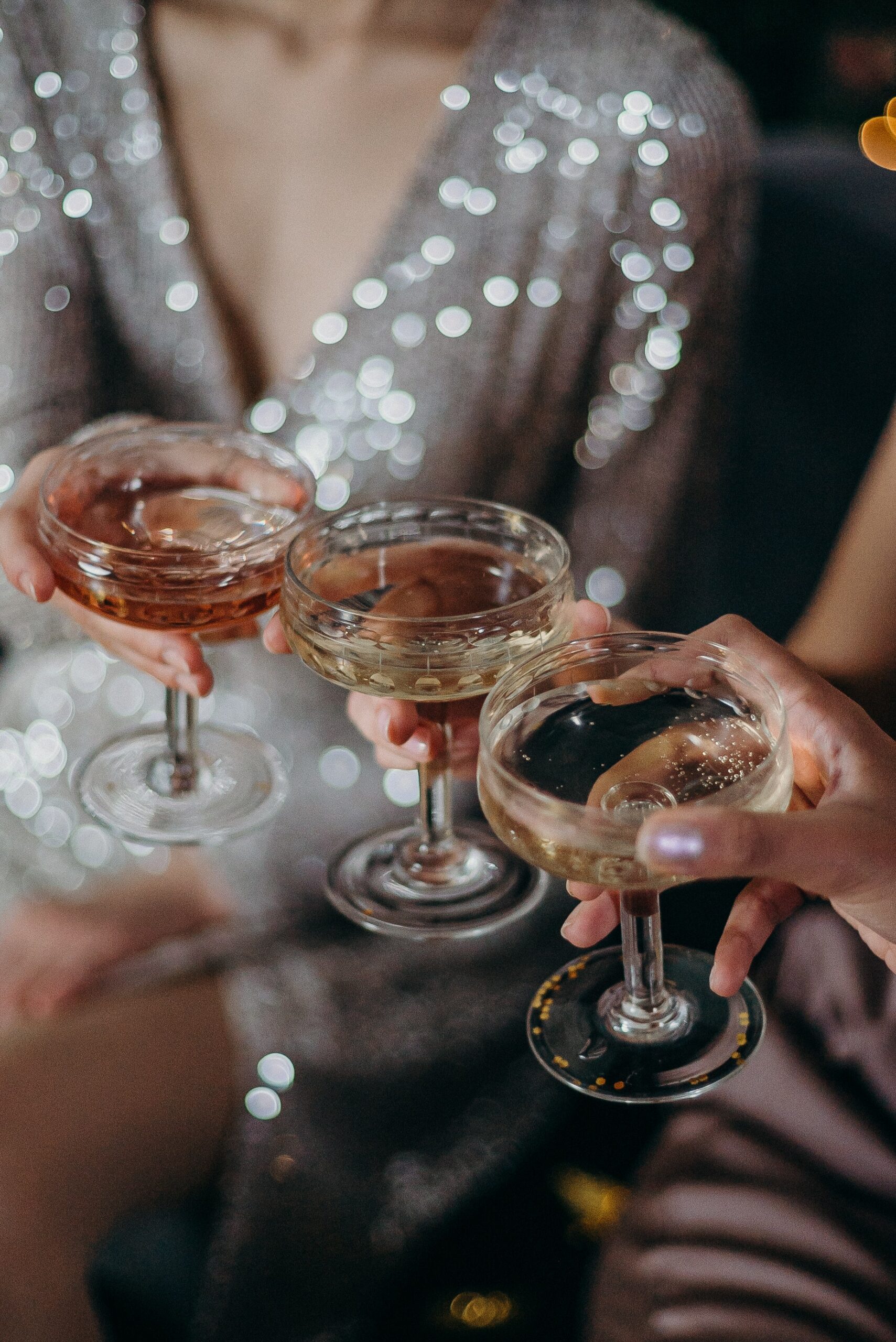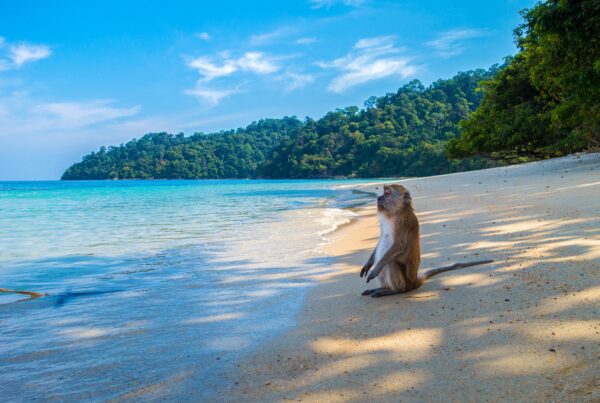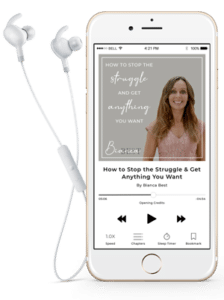
Why alcohol makes life so much harder and the book that changed my attitude to it forever.
I’ve always been sober curious. So many in our industry are. Are you? I’ve devoured tomes on the topic of booze from biographies of famous sober idols (Rob Lowe my most indulgent guilty pleasure), to graphic and shocking analyses of high functioning alcoholics, to ‘stop drinking now’ hypnosis meditations, to heart-breaking alcoholic memoirs, to pragmatic guides to giving up.
I’ve dabbled in periods of total sobriety which have always tended to coincide with a Big Detox Drive so farewell sugar, caffeine, wheat, dairy, et al, simultaneously too.
I’ve had years of zero booze then slid back into drinking again unconsciously.
It’s only through my research on managing productivity without burnout (ESCAPE™), and studying my own and client’s energy flows that I’ve recognised the unnecessary strain all too many of us are inadvertently burdening ourselves with as we wine away the hours.
I read a book at the start of this year which usurped sober curiosity and led me to one of the biggest decisions of my life. I chose and choose permanent sobriety and I’ve logically, effortlessly and finitely decided to eliminate the poison which is alcohol from my life entirely. A switch flicked and I’m fascinated by how simple and powerful this decision has been after so many decades of investigative contemplation. So, in the next few paragraphs I’d love to share what triggered this positive mindset shift and see if it resonates with you.
Sidenote: if you have a harmonious relationship with alcohol and toxins in general then the rest of this article won’t be interesting so I suggest you skip it and enjoy the gift of time. If, however, you often wonder why alcohol is the only drug we Brits seem to need to defend NOT taking and are tired of thinking about drinking, then perhaps this will be beneficial fodder.

To be clear, I’ve never been a home-alone, drink-to-escape drinker. Conversely, I pride myself on ‘Vibrant Vitality’ as a core value of mine, but when I would go out, I was a binge-drinking, push myself to the limits in the name of Fun kind of memory-loss, hair-down, last one dancing on the bar social imbiber. And oh boy the agonising Sunday hangovers, shamefully empty days in bed wishing the nausea would abate and tomorrow would hastily come. Even those memories hurt.
The highs and lows of alcoholic hedonism, all too prevalent in British culture, were just about manageable in the care-free, kid-free twenties, but not such a breeze as a parent with all those sleepless nights in the thirties, and even less so come the forties with more substantial work and life pressures. Nope, increasingly the lows exceeded the highs and laments of ouch, why did I let that happen, damn how will I get through today became far too prevalent. I’m also quite a fan of my brain and its cells and appreciate thinking clearly, hence all the sober dabbling over the years.
So, mine is probably a fairly typical relationship with alcohol and I imagine many readers can relate. What’s so peculiarly interesting is that reading this one book has tipped the scale irrevocably for me and that relationship of mine with booze feels over. I have no grief, no sadness, no yearning, no regret, no judgement, I simply feel a change of perspective. It feels empowering and exciting, liberating more than destabilising and I’m a bit tingly about all the juicy cellular benefits already abounding. Let’s explore…

The book I read is Alcohol Explained by William Porter. He’s a no-nonsense, ex-military chap who tells it like it is. He describes exactly what chemical, emotional and physical effect alcohol has on the body from merely thinking about it to having indulged and then all traces having left the body. I recommend the book fervently.
Here are 3 key findings that have sent me dry for good.
1. We build an association with alcohol before we ever even taste our first drop.
As children we soak up everything going on around us and our innocent, pliable minds build belief systems about the world, capturing what we understand as right and wrong, good and bad, how to behave, who to trust, and so on. Part of our social awakening includes observing our carers and unconsciously replicating their patterns. So, if you idolise a parent or primary caregiver and they are a wild, party-loving character permanently with a beer or glass of wine in hand we respect and revere that aspect of them as equally as the rest, their clever, grafting, kind side. We instinctively absorb all that is seemingly great and good about them and thus where booze is concerned may subconsciously take on the desire to drink like them, to be apparently great and good like them. It’s that simple. We literally become our caregivers as we expand out into the world as young adults, treading the path they’ve paved before us. Unless however we’ve perceived their habits as bad, harmful or dangerous in which case we’re more likely to veer the opposite way deliberately rebelling against said behaviour (and that’s a whole other world of psychological therapy right there).
When you understand the impression that was made on you as a child around alcohol and how you’ve either replicated or resisted whatever was shown to you as normal subconsciously (by the media too of course as well), it’s easier to look at your own relationship with alcohol afresh today. When you deconstruct your Booze Beliefs you can start to look them squarely in the eye and appraise them from an adult lens. What do you, with your own life experience and current value set, think about alcohol? Is it playing a positive role in your life today? Does it bring you joy and fun and all that glamour and positivity you associated with it from the media depictions and earlier life observations? What does Adult you soulfully think?
The big question you should always ask yourself is “Who’s version of success is this?”. If ever there is dissonance and a niggle in your mind (about any life area) it’s a clue that perhaps you’re not living your life in authentic congruence with who you really are and what you deeply know/believe. Take the time to reflect on these questions:-
a) Where did alcohol feature in your life in early childhood?
b) What did it do to your relationships throughout your teens and early adulthood eg did relationships with caregivers strengthen through alcohol or diminish?
c) What can you learn from these memories about your own drinking patterns today?
d) What do you feel about alcohol today?
e) Is there anything you will change and why?
Do some reflecting and see what comes up.

2. Nobody likes the taste of alcohol because the taste of alcohol is pure poison. We like the taste of the copious chemicals flavouring the ethanol.
Porter says it best.
“Alcohol in its pure form is a highly poisonous chemical. It is a toxin that kills living things, from human beings to single cells and microorganisms, which is why it is used to preserve food and to sterilise. It sterilises by killing the germs it comes into contact with. It doesn’t just kill germs, it kills all living cells, In fact for humans that toxicity is increased because in order for it to be cleared from the body it has to be metabolised to acetaldehyde, an even more toxic substance. Any food or drink contaminated with the amount of acetaldehyde that a unit of alcohol produces would be banned as having an unacceptable health risk.”
To repeat, alcohol is pure poison and the human body is designed to be repulsed by poison. Sniffing neat alcohol makes our eyes water, our nose run and a sip triggers retching then if you do swallow any you will start vomiting. Our bodies know what is good for us and innately protect us from anything highly toxic.
But we don’t drink neat alcohol because we can’t. It would literally kill us. Instead, we drink small percentages of neat alcohol (ethanol) dressed up in a multitude of strong flavours diluting it thus giving us a higher chance of swallowing it without violent reaction. There is very, very little taste of alcohol in wine, beer and alcopops and of course we mix our spirits with sweet sodas indeed again to mask the vile taste of the alcohol itself. It’s a fallacy to ever say that we like the taste of alcohol. No we don’t. In fact, we like the taste of the sugar, grapes, hops, barley and all the other flavours obfuscating the repugnant taste.
Beyond the taste there’s a whole emotional association going on as well around what that drink represents to us per our belief systems. I’m Popular, I’m Fun, I’m Grown Up, I’m So Executive, My Dad Loves Me More, fill in the blanks …when I drink. The emotional motivation to drink is thus also a highly prevalent factor in our taste ‘perception’ which we dull down and slowly over the years build tolerance to. We anaesthetise ourselves to the fact that alcohol tastes horrible and makes us feel awful.
3. The destabilisation alcohol wreaks on our homeostatic state places a ferocious pressure on the body to return to normal function and lasts around 5 days.
That’s 5 whole, long, actual days of our bodies needing to make adjustments and burn energy and effort trying to restablise us back to homeostasis. The burdensome things this includes are:-
i) Hydration – alcohol is a diuretic and tricks our brain into thinking we’re over hydrated whilst we’re drinking. It’s an absolute myth that it quenches thirst. Conversely, it triggers abrupt chemical reactions shutting down our active hydration system which then take days to re-regulate.

ii) Sleep – as glutamine levels attempt to re-stabilise hours after our last alcoholic drink our body wakes to begin the complex chain of activities required to remove toxins and attempt to rebalance disrupted hormonal and chemical settings the body needs for normal function. In blasts tedious insomnia.
iii) Emotions – the chemical disharmony alcohol creates in the brain means not one thought is a steady one until all harmony has been restored 3 to 5 days after the body last imbibed alcohol. Alcohol is a depressant and an anaesthetic. Fact. And it’s a nonsense myth that your true feelings erupt out revealingly when you’re drunk, these are in fact befuddled, deranged, very unclear, unowned thoughts. You are NOT yourself when drunk.
iv) Craving – a craving for alcohol in certain moments, situations, with particular people, at key life stages, etc are all mental associations we have created which stimulate a sharp desire when that time arises. It is very easy to build habits which lead to cravings which lead to serious problems. Equally, there are ways to manage craving when we observe and detach them from the biological need which definitely does not exist.
v) Metabolism – our whole system is disrupted chemically when we drink alcohol. We think and behave differently and our bodies respond differently as overdrive to find the safe space of homeostasis kicks in. Alcohol is an appetite stimulant making us feel hungry even when we are not. It is also an anaesthetic which deadens our natural trigger to tell us when we are full. Finally, it’s also not an energy humans can use as it cannot be stored as fat. It does however ensure what we eat whilst we are drinking is immediately and urgently stored as fat. Enter an increased risk of obesity for heavy drinkers.
The most important summary point here is that we are forcing our bodies to trip into a myriad of additional processes and functions to just get back to base. Through the stimulation of alcohol we disrupt all the normal functions we need to exist in our worlds safely and productively. We disrupt our chemical, physical, emotional, intellectual and hormonal systems with each sip. The more sips we have the more extreme the disruption. We stress our systems.
In our modern world where we’re all grappling to manage stress and avoid burnout, isn’t this a pretty obvious start point?

I said my decision felt logical and easy and that’s an honest statement. I am committed to healthy productivity and making impact in my family, my work, my world. I don’t want to struggle through each day, I want to relish life’s rich potential. So, it’s logical for me armed with this new knowledge to now avoid alcohol. I’m still going out aplenty socialising and carrying on with life as before, just without booze. It feels bizarrely simple and easy. Why would I deplete my energy reserves when life demands so much energetic balancing already? I choose Energy.
I ask you, what would your world look like tomorrow if you removed alcohol from it?
My Favourite Reads For The Sober Curious
Alcohol Explained, William Porter
The Unexpected Joy of Being Sober, Catherine Gray
Dry: A Memoir, Augusten Burroughs
Blackout: Remembering the Things I Drank to Forget, Sarah Hepola
Stories I Only Tell My Friends, Rob Lowe
Drinking: A Love Story, Caroline Knapp
This Naked Mind, Annie Grace
As ever my work is written with the intention for you to flourish. I believe the state of our relationships, careers, vitality and happiness are the consequences of our decisions. Once we respect the power conscious decision-making holds, new realms of impact, income, time and energy are possible. If you like, please enjoy my free audio book below x










